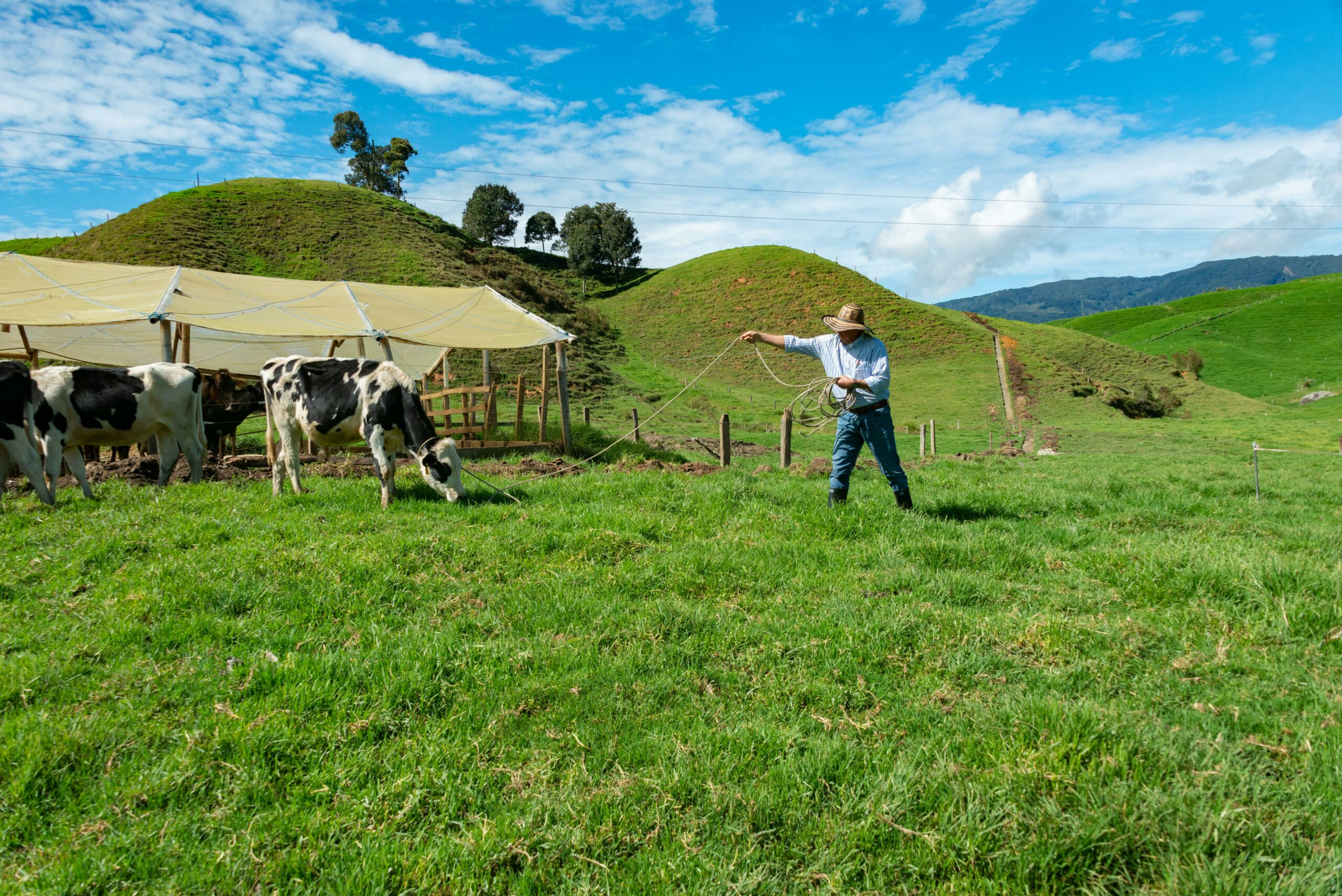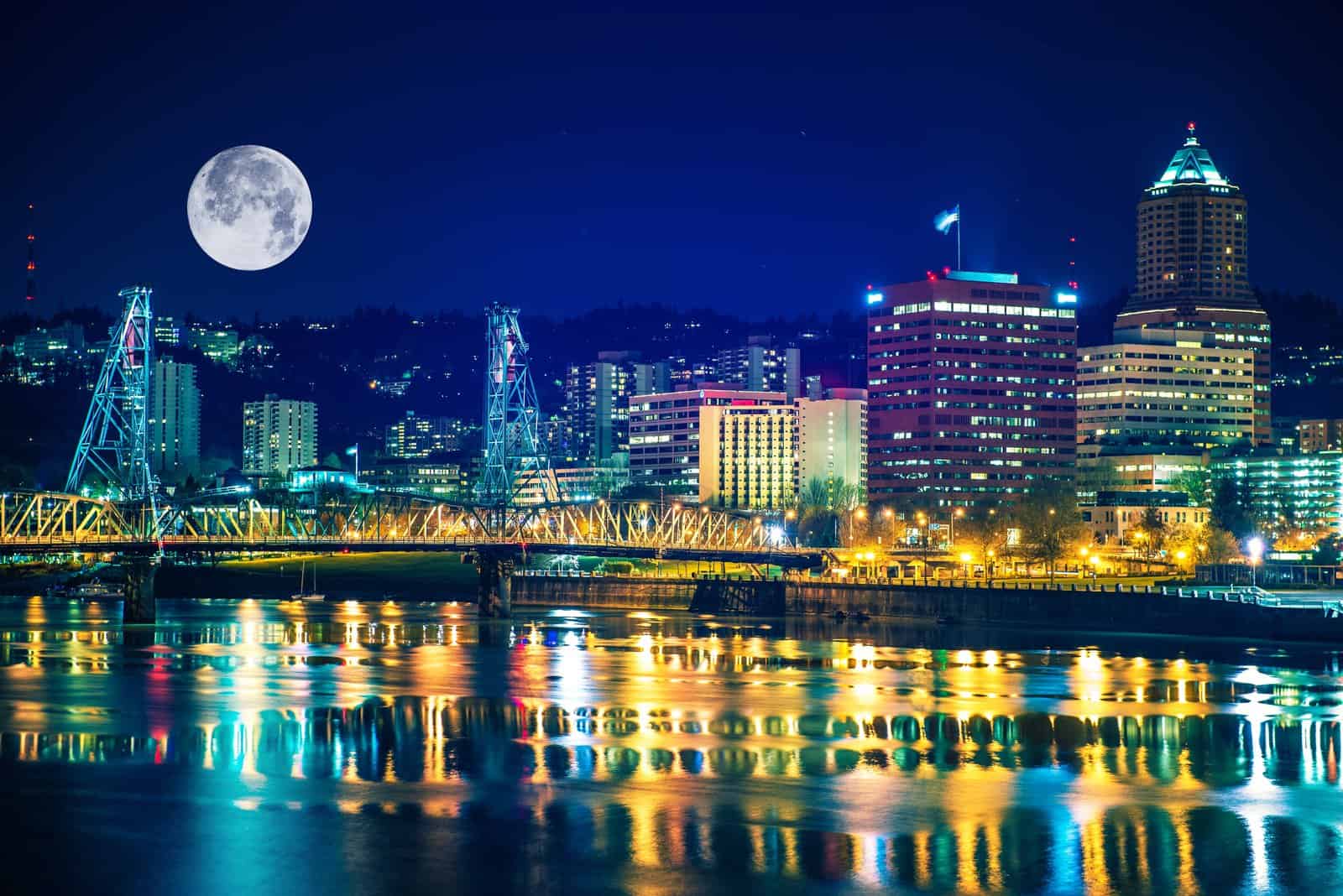
Living in a city: 6 advantages and disadvantages
Living in a city has an accelerated pace of life that is noticeable to most people. It may feel like everyone is continually moving when moving from a traditional lifestyle to an urban one.

Table of Contents
Advantages of living in a city
Better job opportunities
Compared to the village or the countryside, there are more career options when living in a city. Almost anything you’ve learned will get you a job that matches your education the best.
As evidence, employment has increased significantly over the past few years in major cities like Toronto. But, of course, many things, including economic, ecology, and education developments, have influenced this.
Furthermore, while living in a city, people might pursue jobs. But, in reality, it wouldn’t make sense to work in a tech-related field in a tiny town, especially given that the laws are more appropriate for city ecosystems like the Greater Toronto Area.
Companies dominate city towers, so it’s challenging to go without a job; however, locating one that pays your high rent could be difficult. However, a city with many businesses also has many job prospects. Moreover, you’re likely to find one you adore.
According to statistics, those who live in major cities have access to more job prospects than those who live in the suburbs or smaller towns.
Employers are typically prepared to pay extra despite the high cost of living in a city. This is why many rural residents come into the city for higher pay while still taking advantage of the low cost of living. Large firms, particularly those that have relocated many of their corporate headquarters downtown, including Google, Amazon, and McDonald’s, are now paying more for remote jobs. Therefore, some workers might experience a different journey each day.
Transportation system
The extensive transportation networks that cities offer are one of the additional benefits of living in a city. In addition to buses, taxis, and the metro, different transportation options can assist you in travelling from one place to another and through traffic along the way. In addition, catching the train will provide you with uninterrupted time to read a book or listen to your preferred podcast without distracting your attention from the road.
Unfortunately, we can’t promise you’ll find the newest, most practical transportation in every major city you visit. However, if public transport is efficient and widely utilised where you want to live, you may give up your vehicle.
Meeting new people
You may meet individuals there regardless of how big or tiny a place is. Living in a city offers a distinctive experience since it draws people from around the world. As a result, you’ll frequently run across people in the huge city, both left and right. You can gain a new perspective on life by interacting with others from different backgrounds and life experiences. You can even come to love life even more as a result.
However, meeting them in person gives a different type of experience that is both thrilling and fascinating. But, of course, this is not to imply that you can’t read about these people online.
As you adjust to your new urban lifestyle, you’ll become closer to the individuals you meet and create a network of connections that will open up more chances for you.
Huge entertainment opportunities
You probably know your town very well and have done about everything there is to do if you have lived there for ten or more years. Even if you live in a large city for ten years, you won’t be able to take advantage of everything it offers. In a big city, there is always something to do to keep individuals from getting bored with their diverse hobbies. The majority of cities provide exciting nightlife, various cuisines to experience, concerts of all kinds, museums, landmarks, parks, festivals, sporting events, and much more. There are many options in major cities to join the scene if you are a musician, visual artist, or performer.
There are numerous free things to do when planned effectively, even if many activities usually are more expensive due to the higher overhead costs. You may spend the entire day keeping occupied for free by going to the park, window shopping, touring museums on free days, and taking in the sights downtown. Even though you won’t be spending any money, you will undoubtedly spend time at these breathtaking locations and maximise your urban experience.
When relocating to a major city, there is never a lack of things to do or even see, from peaceful bookstores to boisterous clubs. Regardless of your choices, you may discover something that piques your curiosity.
Additionally, you’ll run into others that have similar interests to you.
Even if they have their own social and cultural facilities, rural and suburban communities have fewer than you’d find in a city. Since there is little incentive to travel to rural areas, you could also run into some of your favourite actors and musicians in the central city.
Additionally, you may interact with people more quickly in urban regions because there are many clubs and communities. Given how much larger the areas are, you’ll also have a higher opportunity to meet new people.
High end shopping stores and restaurants
Living in a city also has its benefits, such as the variety of excellent restaurants and shopping centres where one can find some of the best-known brands worldwide.
While chain restaurants and a few mom-and-pop eateries are your only alternatives for eating out in many areas, most cities are home to many delicious restaurants like Mexican, pizza, Moroccan, American, and Thai restaurants. If you went farther, you would also visit a Michelin Star restaurant and many other restaurants.
Never growing tired of what you eat and constantly having the opportunity to try something new are two benefits of having countless eating selections.
Although the cost of dining in the city is often higher due to increased rent, many restaurants offer lunch and supper deals in addition to having food vendors available. You’ll need to research to take advantage of the best bargains.
Best medical services possible
Compared to the big city, rural communities lack the facilities and resources necessary to provide good medical treatment. And the majority of people who live in isolated areas go great distances to see a doctor or specialist. Living in a city significantly reduces this drawback.
Due to competition among cities, healthcare facilities engage only the most educated personnel, ensuring you receive the best care available.
Disadvantages of living in a city
There are undoubtedly a lot of benefits to living in a city. There may, however, be some adverse health effects.
People who live in cities may experience mental health issues. Compared to persons in other areas, people living in a city are more prone to have anxiety and mood problems. A quicker pace of life and increased crime rates may be to blame for this. On the other hand, spending time in a green area can help to elevate mood and promote psychological health.
Your physical health may suffer by living in a city. Compared to suburban and rural regions, city areas are known to have higher pollution levels. In studies, the effects of air pollution have been connected to anything from respiratory problems to obesity and diabetes. Many believe that living in a city has more benefits than drawbacks. However, no matter where you reside, it’s also critical to establish a routine to maintain your physical and mental health. In this manner, you’ll be able to take full advantage of your new area.

High cost of living
When people consider living in a city, the increased cost of living is usually the first drawback, they believe. Cities like San Francisco and New York frequently have the highest cost of living in the United States. Major cities always have a higher cost of living than the neighboring towns. Ordinary living costs like rent and utilities tend to be higher in major cities, and you can have additional fees like parking permits and laundry that you wouldn’t have in the countryside. Major cities also have higher prices for fuel, alcohol, food, and cigarette items.
Noise
Major cities typically have higher noise levels than the countryside. Cities produce more significant noise due to more traffic, more people, trains, and neighboring airports with noisy helicopters going in and out. In addition, a neighborhood may become noisier and more crowded due to special events like concerts and sporting events. Some big cities, like New York, have lively, loud downtown sections that are nearly constantly crowded. However, some city areas are virtually as quiet as the countryside. For example, Chicago has several relatively calm communities spread out around the city.
Lack of space
Downsizing your living area is nearly always a must when moving from the countryside to the city. Most people reside in flats in big cities, and in some of these places, the apartments might be relatively small. It is also uncommon to have an outside area like a terrace or yard. Homes with decent-sized yards are available in big cities, but they are significantly more expensive than homes in the suburbs. So in case of living in a city, you must be okay with the fact that your neighbors will be on the other side of your walls in an apartment complex.
Lack of parking
Parking in a big city is an enormous hassle compared to the countryside. In the big cities, parking is permitted in driveways and on residential streets, and most companies offer parking spaces for people to utilize. However, parking is only sometimes guaranteed in large cities. Streets with free parking quickly fill up because certain residential streets only allow permit parking, which requires you to purchase a permit. Some apartments have a reserved parking place, though they are uncommon. Additionally, it is unusual for companies to have their parking lots, so you will probably have to pay to park someplace on the street, maybe even a few streets away from your destination.
Higher auto-insurance premiums
Congested city life will increase your chance of accidents if you must have a car and live in a city. As a result, city residents will pay a more significant insurance premium than those who live in the suburbs.
According to ValuePenguin, drivers living in a city report paying insurance rates that are about $1,000 more than the state’s average.
Higher crime rates
You can bet on city locations to be riskier than smaller communities, even if certain cities have more excellent crime rates than others. Crime increases with population.
According to QuoteWizard, higher crime rates also result in higher auto insurance premiums because of burglaries, vandalism, and theft of and damage to vehicles.
Why not subscribe to our LearningMole Library for as little as £1.99 per month to access over 1300 fun educational videos.



Leave a Reply